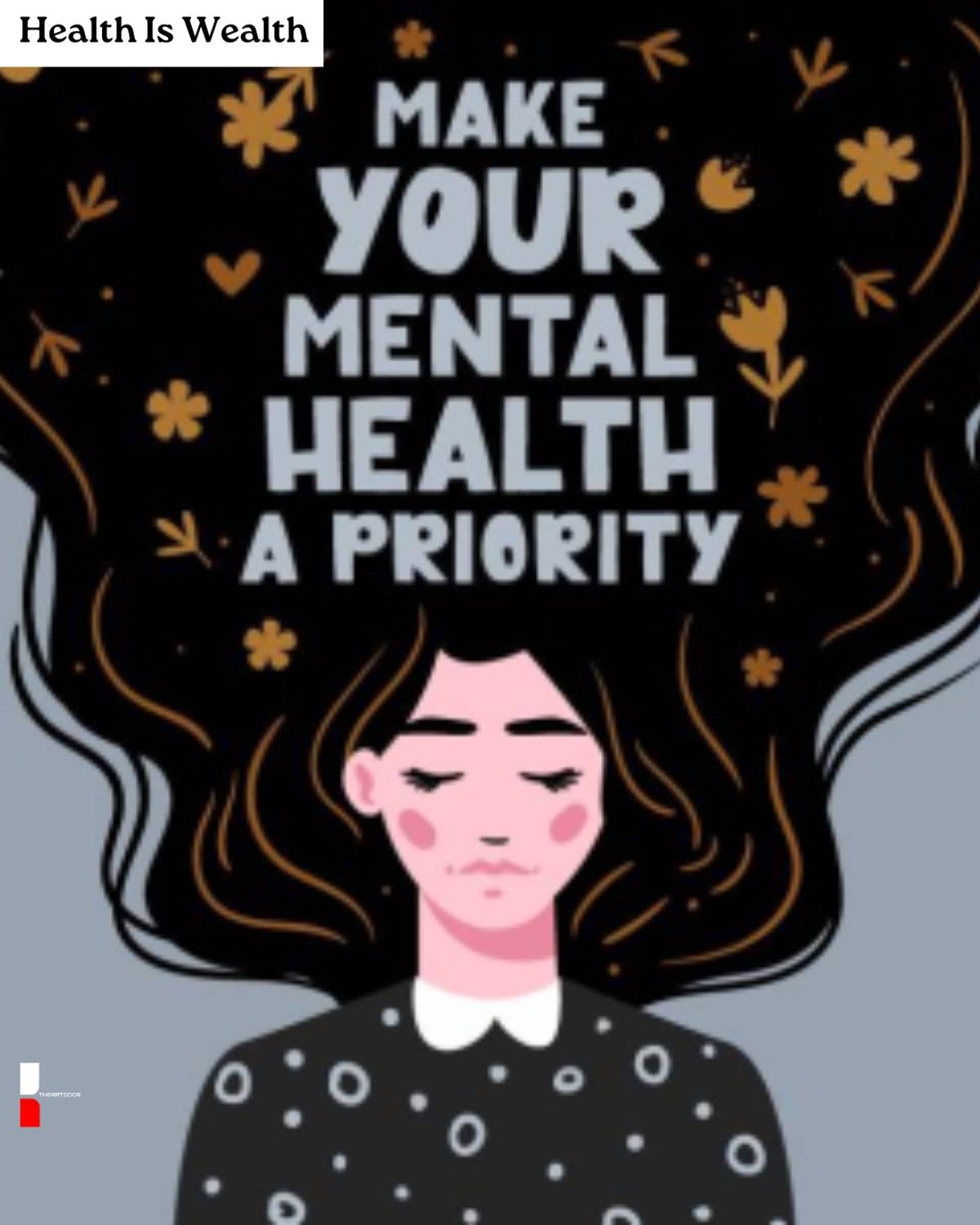Mental Disorders: A Growing Global Challenge Affecting Millions Worldwide
By Tanvi Ibrahim Patankar | Editor in chief: Adrienne Carter
ShareMental disorders have emerged as one of the most pressing global health challenges of the 21st century. Affecting over one billion people worldwide, mental health conditions such as depression and anxiety continue to rise, exacerbated by social, economic, and cultural pressures. Recent data underscore the urgent need for coordinated international responses to address the growing burden and disparities in mental health care.

Photo: Google Inc
Rising Prevalence Across the Globe
Mental health conditions are no longer confined to certain regions or demographics, they now impact individuals across every country, culture, and age group. According to the World Health Organization (2023), more than 1 in 8 people globally live with a mental disorder. Depression and anxiety are the most commonly reported, both of which saw sharp increases during the COVID-19 pandemic, with global rates rising by nearly 25%.
In the United States, around 52.9 million adults, nearly 1 in 5 experience mental illness each year (NIMH). The United Kingdom reports even higher prevalence, with 1 in 4 adults facing a mental health issue annually, primarily anxiety and depression (Mind UK).
In Gulf countries like the UAE and Saudi Arabia, mental health issues are increasingly recognized due to rapid urbanization and shifting social dynamics. Youth populations, in particular, are showing signs of heightened vulnerability.
South Asia, including India, faces the double burden of rising cases and limited treatment access. An estimated 80% of individuals with mental health conditions in these regions receive no formal care (Lancet Psychiatry), primarily due to stigma, lack of trained professionals, and underfunded systems.

Photo: White Light
Understanding the Causes: Region by Region
Mental health disorders stem from complex, intersecting causes: genetic predisposition, environmental stress, trauma, and social determinants.
- Western countries like the USA and UK report high mental illness rates linked to individualistic lifestyles, work stress, and social isolation.
- Gulf nations are grappling with the psychological impact of modernization, including shifting gender roles and increasing pressure to conform to new norms.
- India and South Asia cite poverty, domestic violence, unemployment, and childhood adversity as key contributors, further aggravated by cultural taboos around mental illness.
A Hidden Economic Burden
The economic toll of untreated mental illness is staggering. Globally, mental disorders cost the world economy an estimated $2.5 trillion annually, a figure projected to reach $6 trillion by 2030 (World Economic Forum).
In the United States alone, mental health-related costs exceed $326 billion annually, driven by healthcare expenses, lost productivity, and disability claims. In South Asia, mental illness intensifies poverty cycles, undermining workforce efficiency and national development goals. Gulf countries are beginning to recognize the long-term costs of inaction and are investing in infrastructure, though social stigma continues to deter care-seeking.
Barriers to Treatment: A Global Inequity
While high-income countries have more robust mental health systems, they’re not without challenges, such as long wait times, high costs, and racial or ethnic disparities in access to care.
In low- and middle-income countries, the situation is even more dire. Approximately 75% of individuals with mental disorders receive no treatment. In India, for instance, mental health professionals are scarce, fewer than 0.3 psychiatrists per 100,000 people, compared to over 10 in high-income nations.
In Gulf countries, progress is underway, yet mental illness remains a taboo topic, particularly among older generations and rural populations.
The Rise of Digital and Remote Mental Health Care
Technology is helping bridge some of the access gaps. Telepsychiatry, online counseling, and mobile mental health apps are transforming the way people receive support.
- In the USA, digital platforms are extending psychiatric services to underserved rural areas.
- The UK’s National Health Service (NHS) has integrated digital cognitive behavioral therapy (CBT) into its primary care system.
- In India, mobile-based mental health programs are gaining traction, bringing affordable care to remote and underserved communities.
These innovations are not without challenges, privacy concerns, digital literacy, and quality assurance remain pressing issues, but they represent a promising step toward scalable, global mental health solutions.
Culture Matters: Shaping Attitudes and Approaches
Cultural values significantly influence how mental illness is perceived and treated. In collectivist societies like India, family support networks can provide resilience but also reinforce stigma. In contrast, individualistic societies in the West encourage open discussion of mental health but often face problems like loneliness and fragmentation.
In the Gulf, lifestyle changes and Western influences are shifting perceptions, particularly among the younger generation, but traditional norms continue to hinder open conversation and early intervention.
Global Priorities: Where We Go From Here
Mental health experts and global health authorities, including WHO, stress the need for a unified, culturally sensitive response to the mental health crisis. Priority actions include:
- Integrating mental health into primary care systems, ensuring basic support is universally available.
- Expanding education and anti-stigma campaigns that reflect regional values and cultural contexts.
- Investing in training and recruitment of mental health professionals, particularly in low-resource settings.
- Scaling up digital tools and telehealth services to reach underserved populations.

Photo: Google Inc
Conclusion:
Mental disorders know no borders. As the data show, every region faces its own unique challenges, but the underlying theme is universal: the urgent need to make mental health a global health and development priority.
Progress is being made, but deep gaps persist. Addressing them requires sustained investment, cultural sensitivity, and political will. The future of global well-being depends not just on curing illness, but on building societies that support mental resilience, equity, and dignity for all.
Sources: World Health Organization (WHO), 2023 , National Institute of Mental Health (NIMH), USA, Mind UK , The Lancet Psychiatry,


